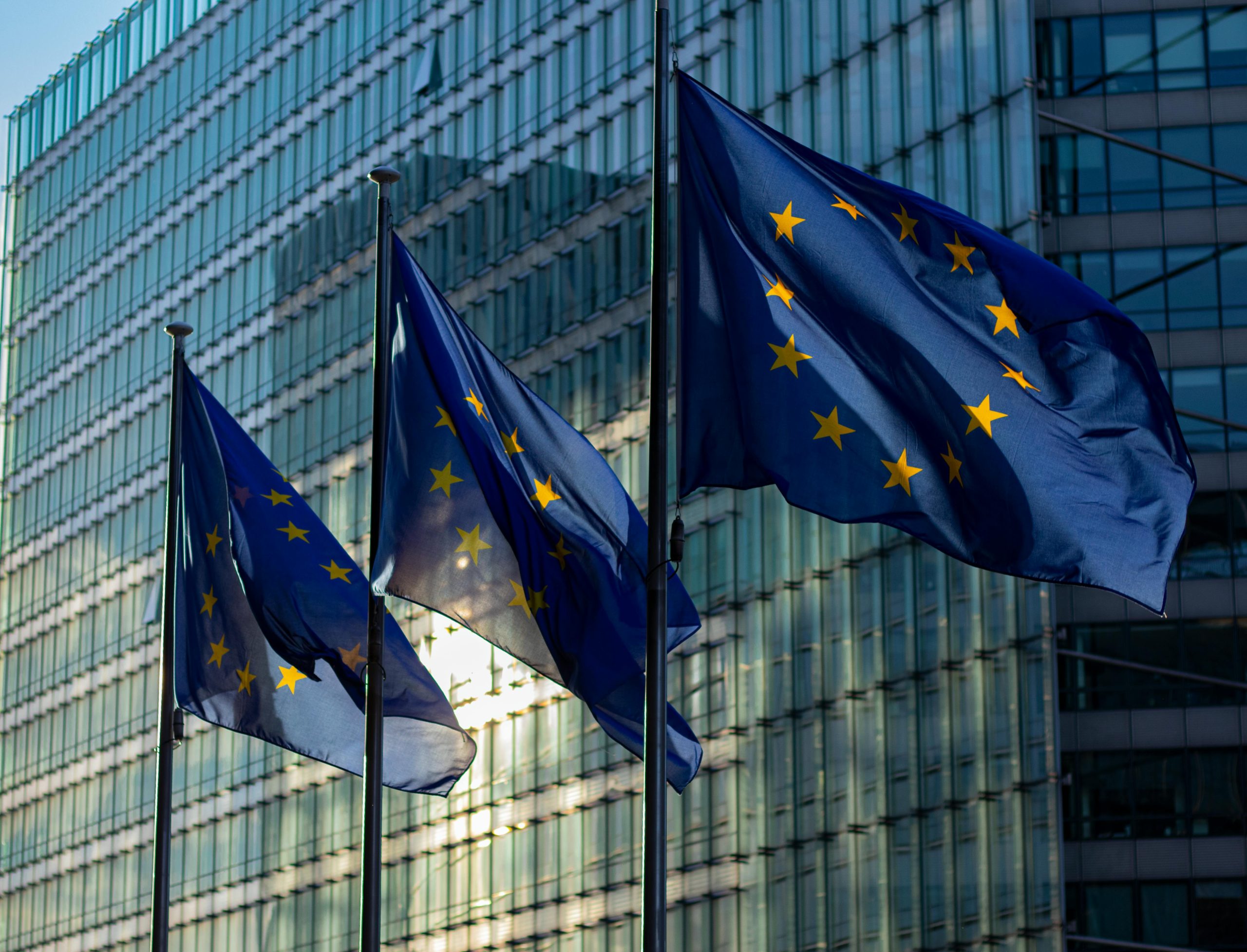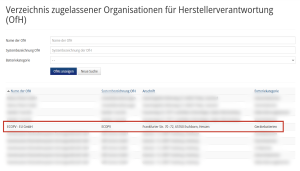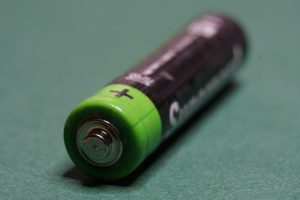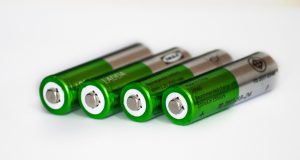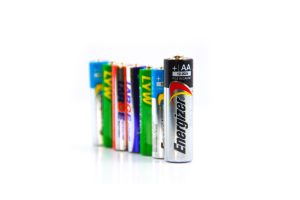As a company outside of Europe aiming to enter the EU market, it is important to understand the various regulations and requirements related to battery compliance. The European Union places great emphasis on environmental protection and the sustainable use of resources, making compliance with EU battery regulations essential for all manufacturers and traders who bring batteries into the EU.
Whether you operate in Germany, France, Italy, Spain, or another EU country – the basic requirements are similar, but they may differ in some details. Below is a breakdown of key compliance requirements.
General EU Battery Regulations
The EU prioritizes environmental protection, meaning battery manufacturers and distributors must adhere to strict standards, including:
·Proper labeling requirements :batteries must be properly labeled to provide information about their contents and recyclability. (indicating contents, recyclability, and hazardous materials).
·Environmentally responsible disposal and promotion of recycling:there is an obligation to dispose of batteries in an environmentally friendly manner and to promote recycling measures.
An Important Point:Registration & Reporting Obligations
Companies distributing batteries within the EU must register with the relevant authorities and regularly report on the quantities sold and recycling activities. These reporting obligations apply across all EU countries, although the specific authorities may vary.
Authorized Representative
While requirements for authorized representatives differ among European countries, several nations have already implemented mandatory regulations. For example:
Germany: Non-German companies registering under the Battery Act must appoint an authorized representative by August 18th for their registration number to remain valid. After this deadline, unlinked registration numbers will be deactivated or revoked by authorities.
Other Countries: Italy, France, Spain, and Belgium have also introduced similar authorized representative requirements.
Non-European manufacturer: How to do?
Since regulations can differ between countries, for a non-European company, You can focus on the following two key points:
1. Working with Compliance Experts
Non-EU companies should consider partnering with specialized service providers to:
·Assist with registration and legal requirements.
·Set up battery take-back and recycling systems.
·Ensure compliance with evolving environmental standards.
2.Staying Updated on Regulatory Changes
EU battery laws are frequently updated. To minimize risks:
·Monitor new regulations and new changes to be released by European Commission
·Adopt a proactive compliance strategy to avoid penalties.
Conclusion
If you plan to export or sell batteries in the EU, you should familiarize yourself early with the relevant national and European regulations. This not only contributes to environmental protection but also secures the long-term success of your business in the European market.
Need help with EU battery compliance? Consult ECOPV-EU to ensure smooth market entry!
Contact
We look forward to your message
info@ecopv-eu.com
+49 6196 5835357
Frankfurter Str. 70-72
65760 Eschborn

